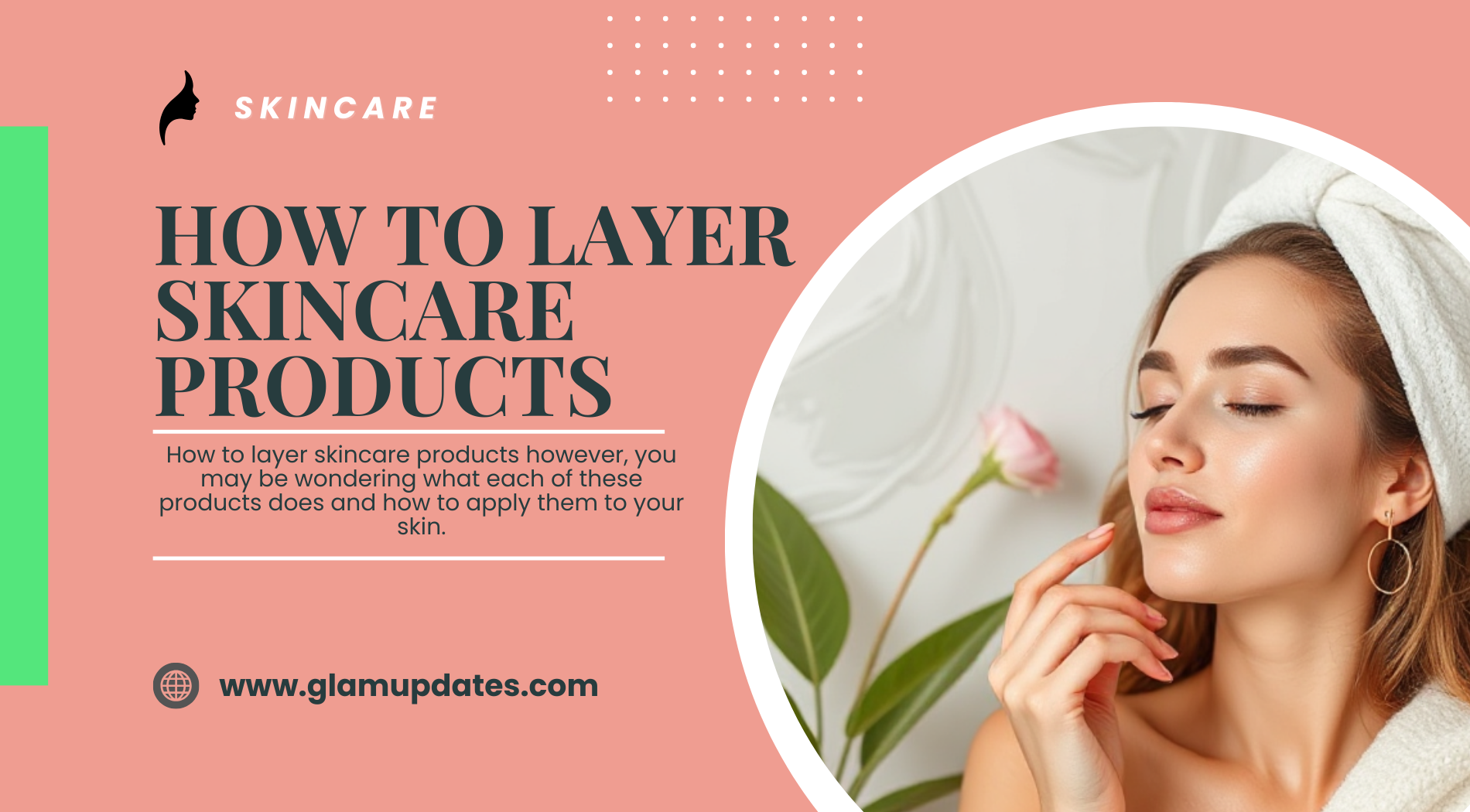The Impact of Safflower Skin Oil on Your Skin
Safflower oil for skin is not as common as it should be. This oil is extracted from safflower seeds and has emollient, antifungal and antimicrobial properties. Characteristics. Helps improve the appearance of the skin, keeping it soft. And hydrated. In this article we will see the benefits for the skin Safflower oil, its types, uses and possible side effects. Read on!
What is Safflower oil?
Safflower The oil is extracted from the seeds of the safflower Carthamus tinctorius. The plant comes from Egypt, East Asia and the Northwest Coast. America. Safflower oil is obtained by cold pressing or traditional solvent pressing. Extraction Methods It is a cooking oil known for its light flavour. But it is its popularity in the skin care industry is increasing.
Advantages of Safflower Oil for Skin
1. Nourishes the skin Medical conditions
Safflower oil is used to treat skin infections. It can also help reduce the risk of skin cancer. The oil can also help speed up wound healing.
2. An Antimicrobial properties
The oil has good antioxidant, antibacterial, antifungal and antimicrobial properties. Fights yeasts, fungi and bacteria. Which makes wound healing difficult.
3. Offers Nutritional Benefits
Safflower oil is often used in cosmetic products such as: emollient. It is rich in oleic, linoleic and omega-6 fatty acids. The height the linoleic acid content improves the complexion. It also prevents the skin drying and peeling. Linoleic acid contains vitamins A, D, E and K. Vitamin and it helps improve skin health. Safflower oil helps process essential fatty acids Symptoms of deficiency and soothe irritated and worn skin.
4. Help Inhibits melanin
Safflower seeds contain derivatives of serotonin and ace cetin. Which inhibit the formation of melanin and help improve the complexion. This tip can help lighten dark circles, dark spots and other skin discolorations.
5. Boosts Skin Hydration
Safflower oil hydrates and protects the skin. Improves the skin Provides moisture and prevents water loss. Oil is also believed to regulate this situation Skin barrier function.
6. Soothes Skin
The oil has anti-inflammatory properties that can protect the skin. East Used in cosmetic formulations to fight acne.
7. Has Antioxidant properties
Safflower oil contains polyphenols, carotenoids, Flavonoids and chlorophylls with high antioxidant properties. That Antioxidant properties help fight oxidative damage and promote healthy skin. Research shows that creams containing safflower oil can prevent photo damage Reduces the signs of aging.
Types of Safflower oil
1. Normal Safflower Oil
This natural oil has a thick consistency and is odourless. East Obtained from thistle seeds and can be used in cooking and cosmetics for medical purposes. Its use on the skin is safe. Regular safflower oil they can also be divided into two types, which are distinguished by their content unsaturated fatty acids.
2. Linoleic acid Safflower Oil
This oil is rich in polyunsaturated fatty acids. Contains 68-79% linoleic acid. Due to its high linoleic acid content, it is often used in also cosmetic skin care products.
3. Oleic acid Safflower Oil
This oil is rich in monounsaturated fatty acids. East Due to its low content it is mainly used as cooking oil in the food industry. Content of saturated fatty acids.
4. Safflower Essential oil
This oil is extracted and pressed from safflower petals. Can be combined with other essential oils and carrier oils Enhanced skin care benefits. It cannot be imported, but only applied locally.
Usage Safflower Oil for Skin
1. Safflower Acne Oil
Safflower The oil has anti-inflammatory properties and is often used to treat acne. Vulgar and pimples. The oil also improves wound healing and helps treat acne. Wounds or scars.
2. Safflower Eczema oil
Therefore According to the National Eczema Association, approximately 31.6 million people suffer from it. The United States, which represents 10.1% of the population, is affected by several diseases Forms of eczema. It is estimated that 1 in 10 people will develop this skin they will develop this disease at some point in their lives, with a higher prevalence. During early childhood. In adults with moderate to severe atopic dermatitis (AD), 60.5% reported intense or unbearable itching in the last two cases weeks. Additionally, 86% reported daily itching, while 63% reported daytime itching. At least 12 hours a day.
3. Safflower Anti-wrinkle oil
Safflower The oil is known to improve skin texture and promote skin cell renewal, thank you very much. To its linoleic acid. It might be useful to integrate it into your beauty routine Improves skin health and tone. The antioxidant properties of the oil help to minimize Signs of aging, including wrinkles.
4. Safflower Oil for Dark Circles and Skin Lightening
Sun every day Exposure, environmental damage, and other external factors bombard us constantly the skin and affect health. These damages appear as the first signs of aging, dark circles, dark spots, discolouration and light damage. Safflower oil can be used for melanin. It can help lighten dark circles, dark spots and more Discoloration.
5. Safflower Oil to improve skin hydration
The non-greasy consistency of safflower oil makes it a great skin moisturizer. Agent. It feels like a moisturizer and helps maintain skin hydration. Balance.
Side effects Safflower oil
Safflower The oil is used in many cosmetic products, such as moisturizers and tanning lotions. It is generally considered safe and non-toxic. It is often used for treatment Worn and irritated skin. However, an animal study proved this Undiluted safflower oil may cause minimal skin irritation. Also safflower oil it might be slightly comedogenic, which it might be irritate the skin. Therefore, to check you need to do a skin test adverse or allergic skin reactions.
Sunflower Oil vs. Safflower Oil for Skin
When it comes to skin care, sunflower oil is relatively similar to safflower oil. She both contain large amounts of linoleic acid. They are also known to improve skin texture. Barrier function and are excellent emollients that improve skin health.






